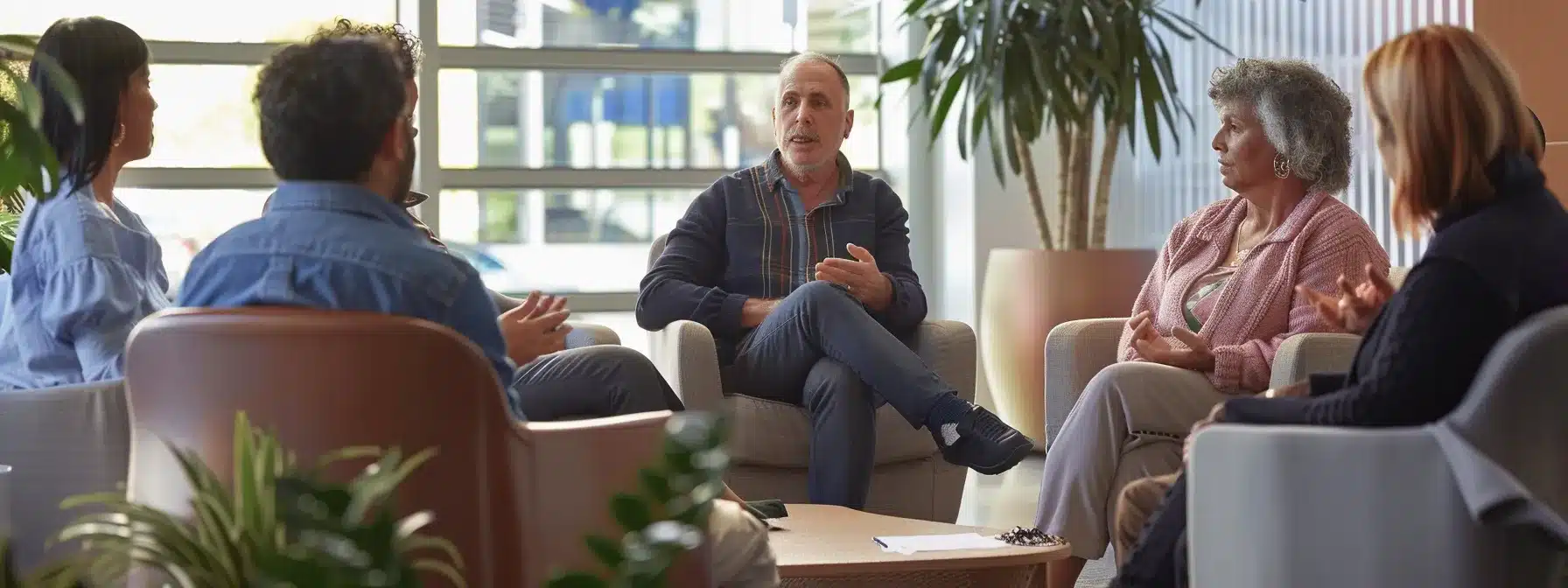24/7 Helpline:
(866) 899-221924/7 Helpline:
(866) 899-2219
Learn more about Depression Treatment centers in Marion County

Other Insurance Options

Access to Recovery (ATR) Voucher

UnitedHealth Group

Coventry Health Care

Horizon Healthcare Service

Carleon

Self-pay options

Holman Group

Humana

Anthem

BHS | Behavioral Health Systems

ComPsych

AllWell

WellCare Health Plans

Premera

EmblemHealth

Group Health Incorporated

Magellan Health

CareFirst

Ambetter

PHCS Network
















